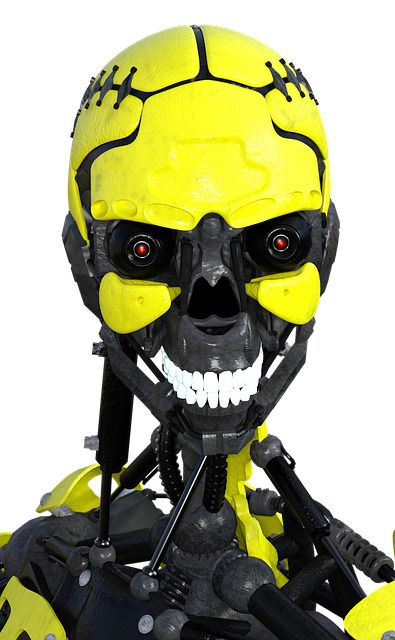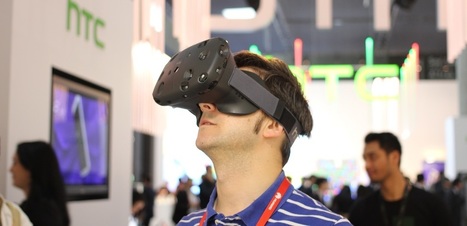"The camera is already starting to replace the keyboard,” asserts Netra CEO, Richard Lee. The content that will dominate digital information flow will be visual, and for that reason image recognition is becoming a key component of marketing.His company derives insight from visual data, fostering understanding of how consumers engage with brands through engagement with images.
Netra is a leader in visual intelligence and search that uses machine learning to help marketers make sense of imagery on social media.
Some brands are already using image recognition to connect with and effectively market to their customers.
They include Neiman Marcus. The upscale retailer offers its customers the Snap. Find. Shop app that enables them to use their phones to snap pictures of styles they like and find similar styles carried by the store. The app is demonstrated here:...



 Your new post is loading...
Your new post is loading...














Visual intelligence will be key in a world where connectivity will happen increasingly via eyes (and voice) rather than by keyboard.